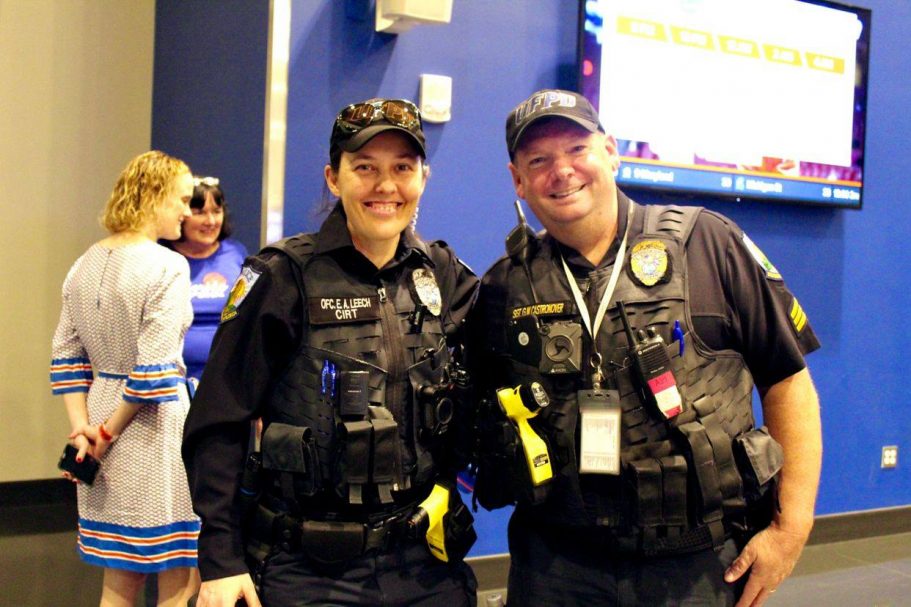- Homepage
- DIVISIONS
- Behavioral Services
- Office of Victim Services
- Resources for Victims
- Stalking & Harassment
Stalking & Harassment
Stalking
Stalking is a crime. You are not to blame for a stalker’s behavior.
Safety First!
All 50 states have an anti-stalking law. UFPD and the Office of Victim Services can assist you if you believe that you are being stalked or harassed. UFPD and a victim advocate can help you file a police report and/or obtain a injunction (restraining order) if needed.
Statistics
2/3 of stalkers pursue their victims at least once per week, many daily, using more than one method of communication attempts (Stalking Resource Center)
Almost 1/3 of stalkers have stalked before (Stalking Resource Center)
Harassment
Types of Harassment





